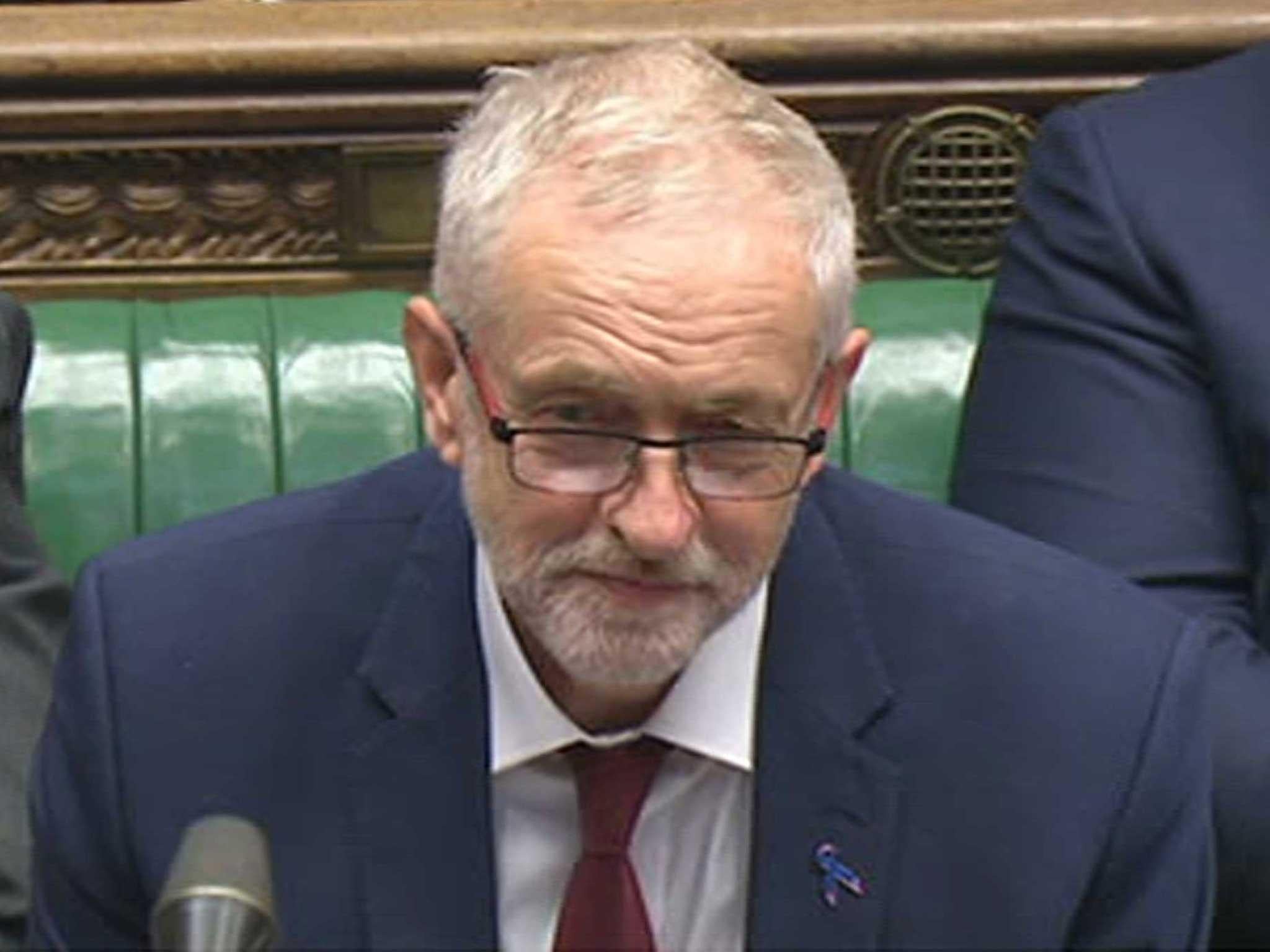What exactly is the point of Prime Minister's Questions any more?
Britain's adversarial politics is meant to be dramatic, but the audience have worked out that the drama is elsewhere

There were seas of green all over the chamber. The backbenches were half bare on both sides, the middle benches too. The government might be “listening to the British people”, as the Prime Minister claimed, but the British people aren’t listening to the government. The public gallery was half empty – or half full. The MPs and peers galleries, where distinguished guests from Jim Davidson to Katherine Jenkins have been seated in recent weeks, were completely vacant, not a soul in either. Even the front row of the press gallery, high above the Speaker’s head was flecked with exposed green leather.
Who can blame them? It is difficult to see the point of Prime Minister’s Questions at the moment. Its defenders always praise Britain's “adversarial system”. There is drama in confrontation, so goes the old argument. It “gets people interested” – and for a democracy to function, people need to be interested.
But its two star turns, Corbyn and now May, are not interested in politics as theatre. They are not natural dramatis personae. May is not vain enough, and Corbyn can do a convincing turn in pretending not to be pompous enough. More to the point, people are currently interested in politics as they have never been before, and they have all sussed out that the drama is elsewhere.
Events began with a lengthy tale about Michael Fabricant’s prostate, and they rather peaked there. (This is not to mock the man. Good for him for sharing his happy news of life post NHS-prostatectomy. It took courage. It may even save a life.)
It took near-Jedi levels of uselessness on the part of Jeremy Corbyn to attempt to wish Fabricant well, but instead to half-accuse the NHS hospital in Birmingham that removed his prostate of giving him preferential treatment. “I hope the treatment he got is the same that everybody else got, because we want good treatment for everybody,” he said, to a wall of sheer bafflement. (When PMQs was over, as the chamber emptied, the two men fought it out in the form of a point of order raised with the Speaker, as to whether such an accusation had been made – which it clearly had. These are the enlightened times in which we live.)
There is a consensus building around the idea Jeremy Corbyn is getting better at Prime Minister’s Questions. It is hard to avoid the fact that this rise has been timed to coincide with his old opponent having been replaced by someone ten times less capable at it.
That Theresa May appears still to be somewhere in the middle of a slow motion backpedalling U-turn shaped pirouette on compelling companies to name and shame foreign workers, which was first a policy, then a leak, then a plan and now merely a consultation, was right there for Mr Corbyn to take the credit for, and he did so. Quite right too. It was not the first time an open goal has opened up in front of him, and it cannot be denied that he did not strike it clean over the bar, or even, as his usual style, turn through 180 degrees and fire it from long range into his own net.
“First the Home Secretary briefed that people would be named and shamed, the Education Secretary said data would only be kept by government, Number 10 said it would only be by consultation. This government has no answer, just gimmicks and statements,” he told Ms May. The ball clearly crossed the line. One-nil.
The Leader of the Opposition even dared a question on Brexit, which is, I believe, a first, reminding the Prime Minister of the Treasury forecast of “a £66bn annual loss to GDP” as the price of leaving the single market.
But the term “single market” doesn’t exist anymore. Three times Theresa May referred only to the “European market” where British companies would continue to do business. She knows as well as anybody this is meaningless.
As the minutes wore on, the value of the pound against the dollar danced up and down throughout, rising and falling again by about 0.9 of a cent, which might not seem like much but would be high drama in less dramatic times.
The financial world worked out long ago that when a government minister says “Brexit means Brexit and we’re going to make a success of it” what they actually means is that Brexit means Brexit and we’re not going to tell you a thing about it. As a consequence, every vague utterance from any government mouth, however misleading or misinformed, has the power to move markets.
They may work out soon that the great British public have got it right again, at least when it comes to PMQs, and have simply stopped paying attention.
Join our commenting forum
Join thought-provoking conversations, follow other Independent readers and see their replies
Comments
Bookmark popover
Removed from bookmarks